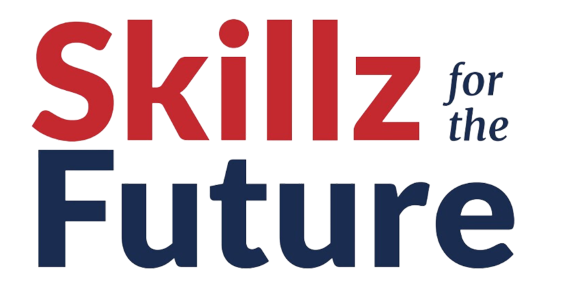Leadership, often described as the cornerstone of success, is an intricate dance of skills and qualities that set the stage for exceptional accomplishments. Unraveling the mysteries of what makes a good leader sparks debates, but one thing is clear – leadership skills are not a one-size-fits-all concept. Successful leaders exhibit a diverse range of characteristics, emphasising adaptability and flexibility in dynamic environments.
Leadership isn’t a fixed formula; it’s a blend of skills that empower individuals to inspire, motivate, and earn respect. Employers highly value these skills as they involve navigating the complexities of human interactions and fostering an environment of enthusiasm and commitment.
Skills Every Leader Should Embrace
Strategic Thinking Skills: At the core of effective leadership lies the ability to think strategically. It goes beyond having a vision; it’s about comprehending the big picture, devoid of distractions. Strategic leaders base decisions on the fundamental question – “Does this take me closer to where I want to be?” Creating a compelling vision is crucial, and conveying it effectively is where communication skills intertwine with strategic thinking.
Strategic thinking involves evidence-based decision-making, requiring the leader to gather and analyse information comprehensively. It extends beyond numbers, delving into market dynamics, customer understanding, and utilising this information to support strategic decisions.
Planning and Delivery Skills: A leader’s personal organisation and motivation are important, but the ability to plan and deliver on organisational goals is paramount. Strategic thinking aligns with organising and action planning, forming the backbone of turning visionary ideas into reality. Leaders navigate project management, risk management, and possess strong facilitation skills to manage groups effectively.
Making sound decisions in support of strategy delivery, coupled with effective problem-solving, distinguishes leaders who view challenges as opportunities and learning experiences.
People Management Skills: Leaders thrive on followers, making people management skills indispensable. Working with individuals and groups, leaders utilise various tools to handle diverse situations. Motivating and encouraging followers, mastering the art of delegation, and building and managing teams are critical aspects.
Delegating tasks, when done effectively, empowers team members and instills a taste of leadership in them, fostering motivation. Balancing workloads, overseeing work, and understanding recruitment processes contribute to effective people management.
Change Management and Innovation Skills: Leadership shines during times of change, requiring a profound understanding of change management. Leaders drive the change process, creating and communicating a compelling vision. Innovation, intertwined with change management, reflects a leader’s ability to innovate personally and encourage innovation within the team.
Communication Skills: Communication is the lifeblood of effective leadership. While essential for everyone, leaders and managers depend on exceptional communication skills. Successful leaders are adept listeners, capable of active engagement and information elicitation through effective questioning.
High levels of assertiveness, the ability to build rapport swiftly, and effective speaking contribute to a leader’s charisma, a quality that attracts followers. Leaders navigate formal presentations, board meetings, and informal conversations with equal finesse, mastering the art of communication in diverse situations.
Persuasion and Influencing Skills: The ability to persuade and influence is a pivotal aspect of leadership communication. Leaders employ various tools to sway opinions and drive decisions. Understanding behavioural dynamics, emotional intelligence, and leveraging tools like Transactional Analysis and Myers-Briggs Type Indicators enhance a leader’s ability to create positive interactions.
Leadership in Action
Let’s delve into a hypothetical scenario to illustrate these skills in action. Imagine a leader facing organisational change due to technological advancements. A strategic leader formulates a vision, backed by comprehensive market research and customer insights. They communicate this vision effectively, aligning the team with the organisational goals.
This leader, skilled in planning and delivery, organises resources efficiently, embracing innovation to adapt to technological shifts. People management skills come into play as the leader motivates the team, delegates tasks effectively, and fosters a collaborative environment. The leader navigates change management seamlessly, ensuring the team embraces the transformation positively.
Exceptional communication skills allow the leader to convey complex technological concepts with clarity. The leader persuades and influences stakeholders to support the change, utilising a blend of emotional intelligence and effective communication.
Effective leadership is a tapestry woven with strategic thinking, planning, people management, change management, communication, and persuasion skills. While each skill plays a distinct role, it is their seamless integration that defines a truly influential leader. The dynamic nature of leadership demands continual growth and adaptability, and successful leaders embrace this journey with enthusiasm and resilience.
